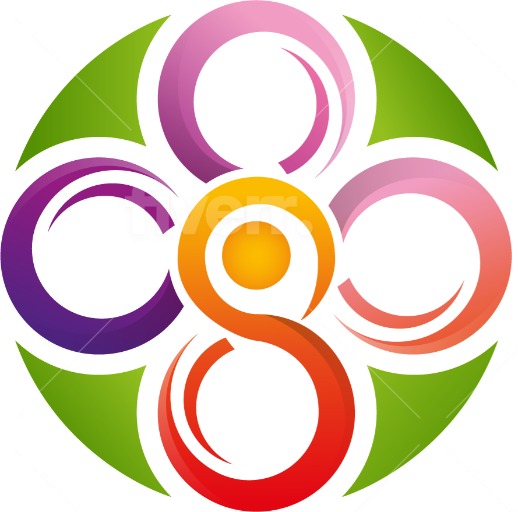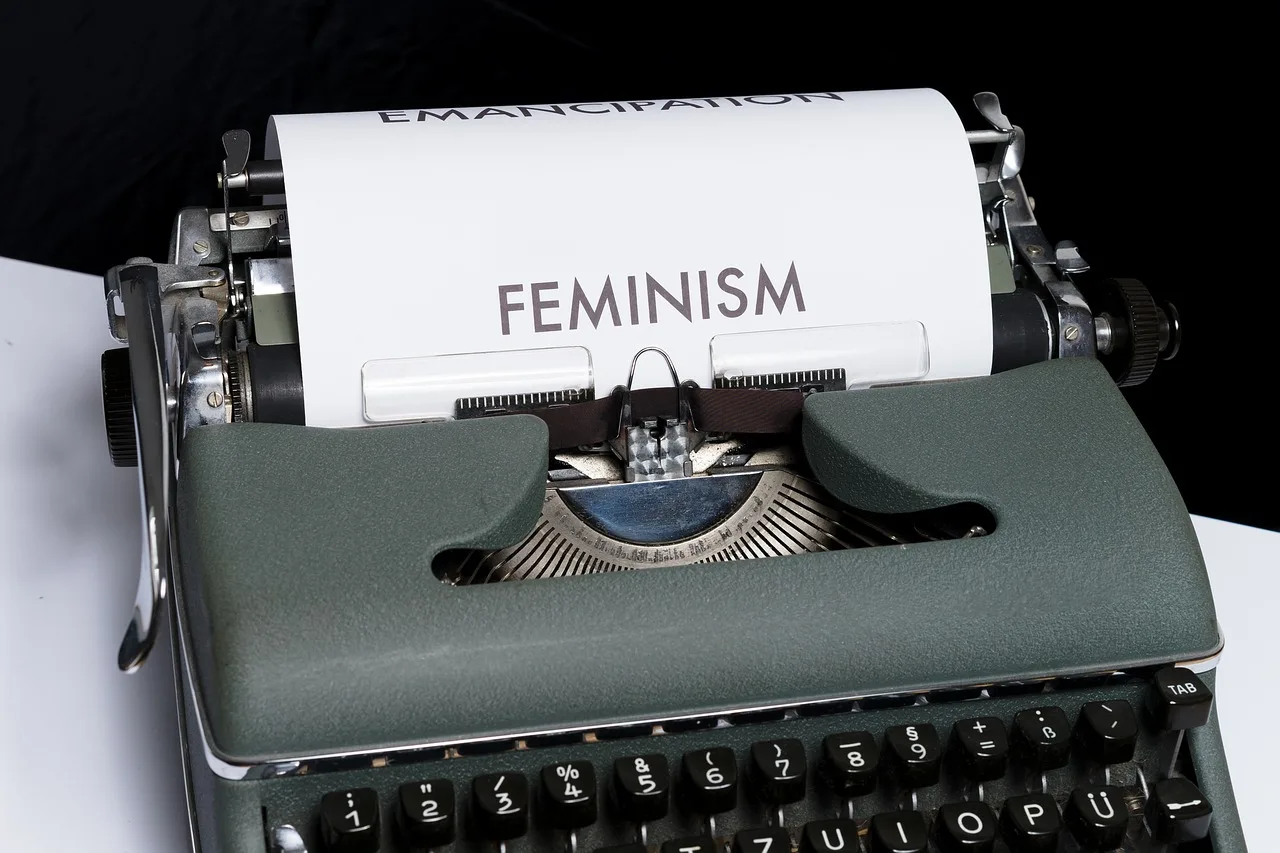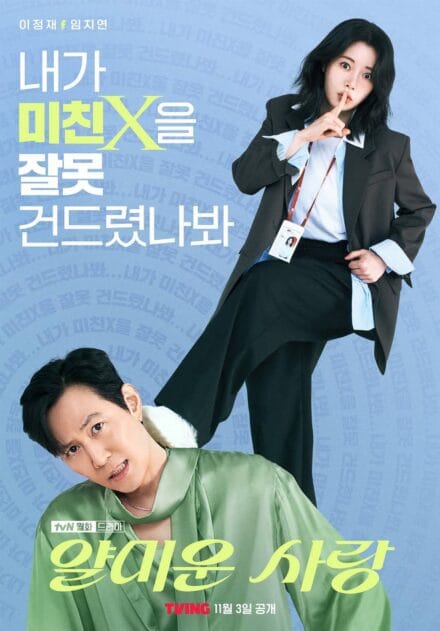The captivating world of Korean dramas, amassed a massive global following. Beyond their enthralling storylines and captivating characters, these dramas often serve as a mirror reflecting the evolving societal landscape of South Korea. In recent years, a notable shift has emerged, with an increasing number of dramas incorporating feminist themes and narratives. This trend signifies a growing awareness and dialogue surrounding gender roles and expectations in contemporary South Korean society.
The Feminist Wave in Hallyu
The latest wave of Korean dramas witnessed a surge in feminist representation. Themes of empowerment, independence, gender equality, and critiques of patriarchy are becoming increasingly prevalent. The portrayal of strong, multifaceted female characters who challenge traditional norms and pursue their ambitions resonates with audiences both domestically and internationally. Dramas like “Itaewon Class,” “Crash Landing on You,” “My Name,” “The World of the Married,” “Her Private Life,” “Search: WWW,” “Misaeng: Incomplete Life,” and “Mother” exemplify this trend, showcasing women who defy expectations and navigate complex challenges with resilience and determination.
Why These Dramas are a Must-Watch from a Feminist Perspective
Itaewon Class
Park Sae-ro-yi, an ex-convict driven by a thirst for revenge against a powerful conglomerate, opens a bar-restaurant in Itaewon. He builds a diverse and loyal team of misfits, including a transgender woman, a Guinean-Korean man, and a sociopath, to challenge societal norms and achieve his dreams.
“Itaewon Class” not only features a strong female lead, Jo Yi-seo, but also celebrates diversity and challenges societal biases. Yi-seo is a confident and intelligent young woman who defies traditional expectations of femininity. The drama also addresses important social issues like LGBTQ+ discrimination, racism, and class inequality, making it a powerful commentary on social justice and empowerment.
Crash Landing on You
Yoon Se-ri, a South Korean heiress, accidentally crash-lands in North Korea during a paragliding accident. She is rescued by Captain Ri Jeong-hyeok, a North Korean soldier, who helps her hide and eventually return to South Korea. The unlikely pair falls in love amidst political tensions and personal struggles.
“Crash Landing on You” subverts traditional gender roles by portraying Yoon Se-ri as a successful and independent businesswoman who takes charge of her own destiny. The drama also challenges stereotypes about North Korean women, showcasing their strength, resilience, and agency. The female characters in the show defy expectations and forge their own paths, making it a compelling feminist narrative.
My Name
Yoon Ji-woo seeks revenge for her father’s murder by infiltrating a drug cartel under a new identity. She becomes an undercover police officer and embarks on a dangerous journey to uncover the truth and avenge her father’s death.
“My Name” centers on a strong female protagonist who defies traditional notions of femininity and embarks on a path of violence and vengeance. Ji-woo’s transformation from a vulnerable young woman to a skilled fighter is a testament to her resilience and determination. The drama explores themes of female rage, trauma, and the fight for justice, making it a compelling and thought-provoking watch for feminists.
The World of the Married
Ji Sun-woo, a successful doctor, discovers her husband’s infidelity and embarks on a journey of revenge and self-discovery. The drama delves into the complexities of marriage, betrayal, and societal pressures faced by women.
“The World of the Married” offers a raw and unflinching portrayal of a woman’s journey through heartbreak and betrayal. Ji Sun-woo’s character challenges societal expectations and refuses to be a victim. The drama explores themes of female resilience, empowerment, and the fight for personal agency in a patriarchal society.
Her Private Life
Sung Deok-mi, a talented art curator, leads a double life as a passionate K-pop fangirl. She navigates her demanding career, her secret hobby, and her budding romance with her new boss, Ryan Gold.
“Her Private Life” celebrates female fandoms and challenges societal judgments about women who are passionate about pop culture. Sung Deok-mi is a well-rounded character who defies stereotypes about career women and embraces her passions. The drama also emphasizes the importance of female friendships and supportive networks, making it a heartwarming and empowering watch for women.
Search: WWW
This drama follows the lives of three ambitious women working in the competitive IT industry. Bae Ta-mi is a workaholic executive who questions her life choices. Cha Hyeon is a passionate and impulsive director with a strong sense of justice. Song Ga-kyeong is a seemingly cold but emotionally complex director struggling with societal expectations. Their stories intertwine as they navigate the challenges of their careers, personal lives, and relationships.
“Search: WWW” breaks away from typical K-drama tropes and showcases strong, independent women who are unapologetically ambitious. The drama explores themes of female friendship, solidarity, and the challenges faced by women in male-dominated workplaces. The characters are complex and relatable, defying traditional gender roles and societal expectations. It’s a refreshing and empowering portrayal of women who support each other and refuse to be defined by societal norms.
Misaeng: Incomplete Life
This drama follows Jang Geu-rae, a young man who failed to become a professional baduk (Go) player and enters the corporate world as an intern. It portrays the harsh realities of office life, the struggles of interns, and the complexities of interpersonal relationships within a company.
While the main protagonist is male, “Misaeng” also features strong female characters who challenge gender stereotypes in the workplace. Ahn Young-yi, in particular, is a competent and resourceful employee who faces discrimination and sexism but perseveres through her hard work and determination. The drama sheds light on the challenges faced by women in male-dominated industries and highlights the importance of female solidarity in overcoming obstacles.
Mother
This emotional drama revolves around a temporary elementary school teacher, Soo-jin, who becomes emotionally attached to a young student, Hye-na, who is being abused at home. Soo-jin decides to take Hye-na away from her abusive environment and becomes her surrogate mother. The drama explores themes of motherhood, child abuse, and the lengths a person will go to protect a child.
“Mother” delves into the complexities of motherhood and the strength of maternal instincts, both biological and non-biological. Soo-jin’s decision to protect Hye-na at all costs is a powerful testament to female resilience and the unwavering love that can exist between women and children. The drama also sheds light on the issue of child abuse and the importance of creating a safe and nurturing environment for children.
The Fusion of Tradition and Modernity
The incorporation of feminist themes in Korean dramas is not a mere replication of Western ideals. Instead, it represents a unique fusion of traditional Korean values with modern feminist perspectives. This cultural hybridization reflects the complexities of globalization, where local narratives intertwine with global discourses. The result is a captivating blend of storytelling that appeals to diverse audiences while maintaining a distinct Korean identity.
Societal Reflections and Impact
Korean dramas have always been adept at reflecting societal issues, and the portrayal of women is no exception. The deeply ingrained patriarchy in South Korean society often finds its way into these narratives, highlighting the challenges women face due to societal expectations. However, these dramas also serve as a platform for challenging stereotypes and sparking conversations about gender roles and equality. The emotional depth of characters and their relatable struggles foster empathy and understanding, creating a space for new, empowering narratives to emerge.
The Power of Rebellion
Rebellion against societal norms is a recurring motif in many Korean dramas, and it plays a crucial role in female character development. By defying expectations and pursuing their own paths, these characters embody empowerment and inspire viewers to question the status quo. The portrayal of rebellion not only adds depth and complexity to the narratives but also serves as a catalyst for social change, encouraging viewers to challenge traditional roles and strive for a more equitable future.
Empowering Narratives and Relatable Characters
The rise of feminist narratives in Korean dramas is accompanied by a focus on empowering female characters. Storylines centered around ambitious careers, overcoming adversity, and personal growth resonate with audiences, particularly women, who seek inspiration and representation in media. The portrayal of authentic struggles, emotional depth, and relatable choices further enhances the connection between viewers and characters, making their stories even more impactful.
A Positive Shift
The increasing prevalence of feminist themes in Korean dramas signifies a positive shift in the portrayal of women in media. These narratives not only entertain but also challenge stereotypes, spark conversations, and inspire viewers to strive for a more equitable society. As Korean dramas continue to evolve and captivate global audiences, the representation of women will undoubtedly play a crucial role in shaping cultural conversations and promoting positive change.
FAQs
Are feminist themes only present in modern Korean dramas?
While feminist themes are more prominent in recent dramas, they can also be found in historical dramas, albeit in a different context. These dramas often portray women challenging societal norms and expectations within the constraints of their historical settings.
How do Korean dramas contribute to social change?
Korean dramas act as a catalyst for social change by sparking conversations and challenging traditional views on gender roles and expectations. By portraying strong, independent female characters and addressing social issues, these dramas encourage viewers to reflect on their own beliefs and attitudes, fostering a more inclusive and equitable society.
Do Korean dramas accurately reflect the reality of women in South Korea?
While Korean dramas offer valuable insights into the challenges and experiences of women in South Korea, it’s important to remember that they are still fictional narratives. While they often strive for realism, they may also exaggerate or romanticize certain aspects for dramatic effect. However, the increasing prevalence of feminist themes suggests a growing awareness and desire for more accurate and empowering representations of women in media.
What can we expect for the future of female representation in Korean dramas?
The future looks promising for female representation in Korean dramas. As societal attitudes continue to evolve and conversations about gender equality gain momentum, we can anticipate even more diverse and empowering portrayals of women. The global popularity of Korean dramas also plays a role in shaping these narratives, as creators strive to resonate with a wider audience that values inclusivity and representation.








Leave a Comment